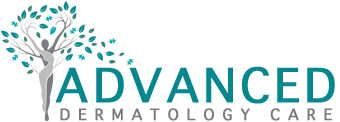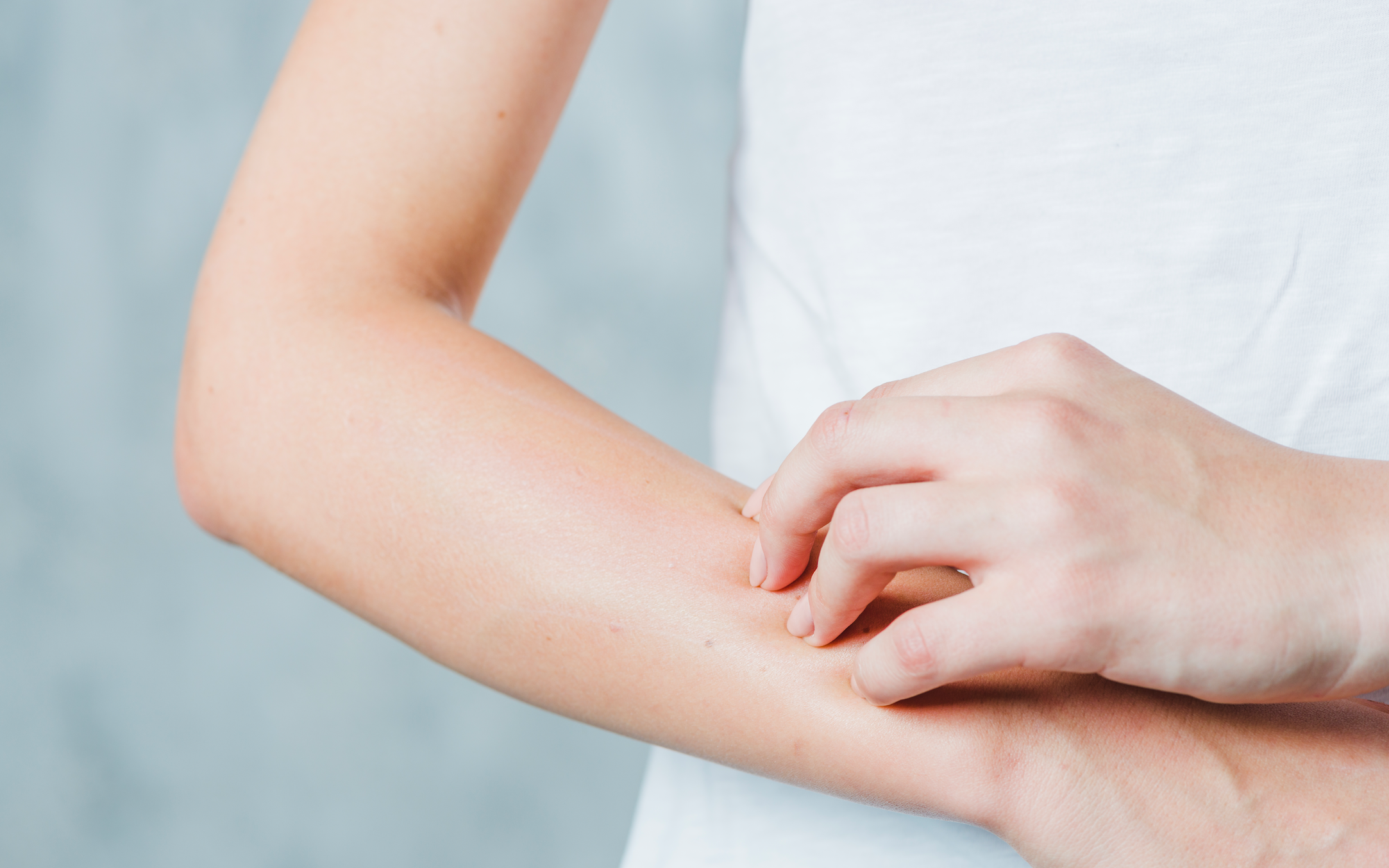Eczema and dry skin may look similar on the surface, but the conditions have some key differences. Eczema likely has a genetic or immune component, while dry skin is more likely related to a person’s environment.
Both conditions are relatively common, and many people with mild eczema may assume they have dry skin.
People can typically manage eczema and dry skin at home. However, while home remedies and creams can usually resolve dry skin, eczema may require intervention from a medical professional.
In this article, we explain the differences between eczema and dry skin, their causes, how to treat them, and when to contact a medical provider.
What is Eczema?
Eczema is an inflammatory skin condition that causes itchiness, dryness, rashes, scaly patches, blisters, and potentially, infection. Atopic dermatitis is the most common type of eczema, and people often use the names interchangeably.
Other types of eczema include contact dermatitis, dyshidrotic eczema, nummular eczema, seborrheic dermatitis, and stasis dermatitis.
In people with eczema, their skin does not effectively retain water, leading to skin dryness. The condition is more common in children but can also affect many adults.
Eczema vs. Dry Skin
Eczema and dry skin may both cause itchiness and flakiness, making it difficult for a person to tell which condition they have. However, there are significant differences between the two skin conditions.
One of the main differences is that dry skin usually has an environmental cause. Some common causes of dry skin include:
- harsh soaps
- itchy clothing
- long and hot showers or baths
- exposure to hot or cold weather and low humidity
- exposure to air conditioning
- diuretics
- topical and systemic retinoids
- metabolic changes due to aging
- hormone imbalances due to menopause or an under-active or overactive thyroid
If a person experiences extreme itching and their skin is dry for an uncommon or unknown reason, they are more likely to have eczema.
While dry skin does not cause eczema, eczema can cause dry skin.
Causes
Atopic dermatitis is the most common form of eczema.
According to the American Academy of Dermatology Association (AAD), there is no single cause of atopic dermatitis. Rather, it is a complex skin disease without a cure.
How a person’s genes interact with their environment may be one influencing factor. Allergens or irritants from a person’s environment can trigger their immune system, resulting in an eczema flare-up.
Additionally, people with eczema may have a genetic variation related to a protein called filaggrin. This protein helps the skin hold moisture, so if a person lacks adequate levels of filaggrin, they may have a genetic predisposition to drier, itchier skin.
When to See a Medical Provider
If you’re unable to manage your symptom(s) using products and home remedies, it is time to contact a medical provider.
Eczema that does not respond to self-care can impact your quality of life, and the itchiness can become unbearable. It can also cause your skin to crack, leaving you susceptible to infections.
Besides the physical discomfort, eczema can have a negative impact on your mental health if the skin condition is visible to others.
It is important to remember that while skin conditions may not be life threatening, they can severely impact your quality of life.

